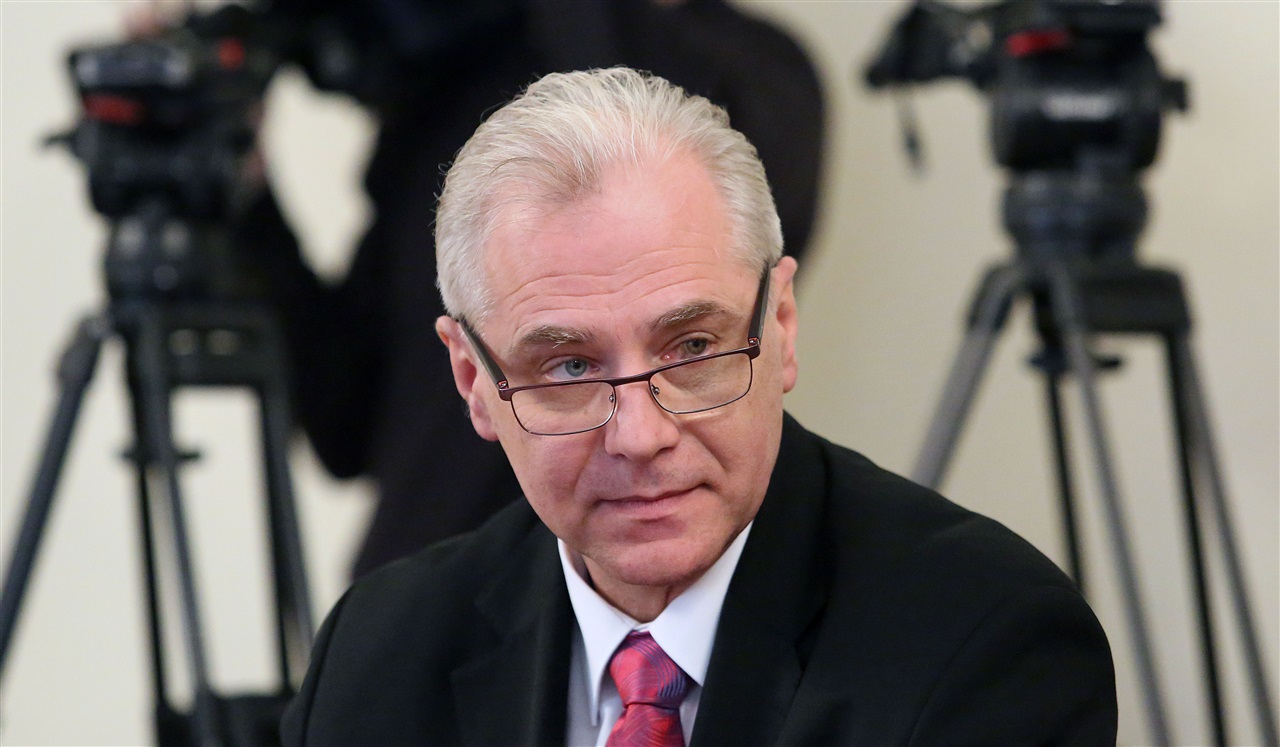
Zagreb - The parliamentary Judiciary Committee on Thursday unanimously endorsed the government's proposal to appoint the head of the anti-corruption office USKOK, Dinko Cvitan, as the new chief state prosecutor.
Cvitan answered questions from the committee members for two hours, announcing personnel changes in county prosecutors' offices. "All will be subjected to evaluation and there will be personnel changes. We will insist on the responsibility of the county prosecutors for the job they do," he said. Cvitan said he was bothered by the fact that the public had the impression that everything was being decided in the Chief State Prosecutor's Office (DORH).
He announced that corruption on the state and local levels would continue to be prosecuted, saying "local corruption is extremely dangerous."
He described as a big problem the fact that people elected for municipal and town leaders those who had been investigated for or even convicted of corruption pending appeal. "The condemnation of corruption is like the condemnation of war crimes. It's not socially accepted at all, which is a big problem," he said, adding that this underlined the need for stronger prevention, "from kindergarten on." Cvitan went on to say that he saw incumbent Deputy Chief State Prosecutor Tamara Laptoš as the new head of USKOK.
He praised outgoing Chief State Prosecutor Mladen Bajić, saying that "12 years ago he took over a DORH that was falling apart and consolidated it. USKOK was established during his term and reached the level it has today. Bajić has done a lot and indebted many."
Cvitan dismissed claims that Bajić had timed major investigations to coincide with his reports to parliament, saying it was impossible to time an investigation. "Neither Bajić nor I ever timed anything to acquit ourselves in public or secure a better position for him. I take full responsibility in saying this." Cvitan said headway had been made, albeit insufficient, in the prosecution of privatisation crime and war profiteering. "The more time passes, the harder it will be to prove those crimes. Crucial time has been lost. One should look at the causes but not give up," he said, adding that quite a lot of people in Croatia had assets that did not correspond to their incomes.
He said that in the first couple of weeks of his term he would visit county prosecutors' offices to see why the number of criminal complains was falling. He also said the European Commission had acknowledged USKOK's good performance in its annual EU corruption report. He said it would be difficult to repeat such results, stressing that they were due to good police work and "serious work from the start."
Cvitan objected to announcements that the punishment for corruption would no longer be replaceable with community service, as in the case of former Agriculture Minister Petar Čobanković. He said that, had he been in Čobanković's place, he would have gone to prison, "but it enabled us to obtain key information." (Hina)